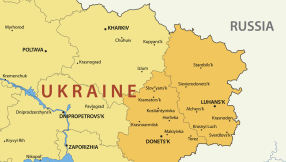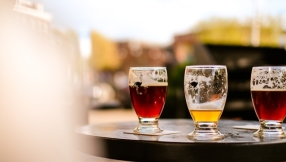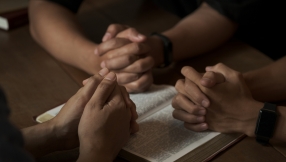Transgender transition ceremonies, gambling, gay marriage and the Reformation are all on the agenda for the Church of England's forthcoming General Synod next week.
The headline act will undoubtedly be a report on sexuality, which refuses to change the Church's teaching or practice in relation to same sex marriage.
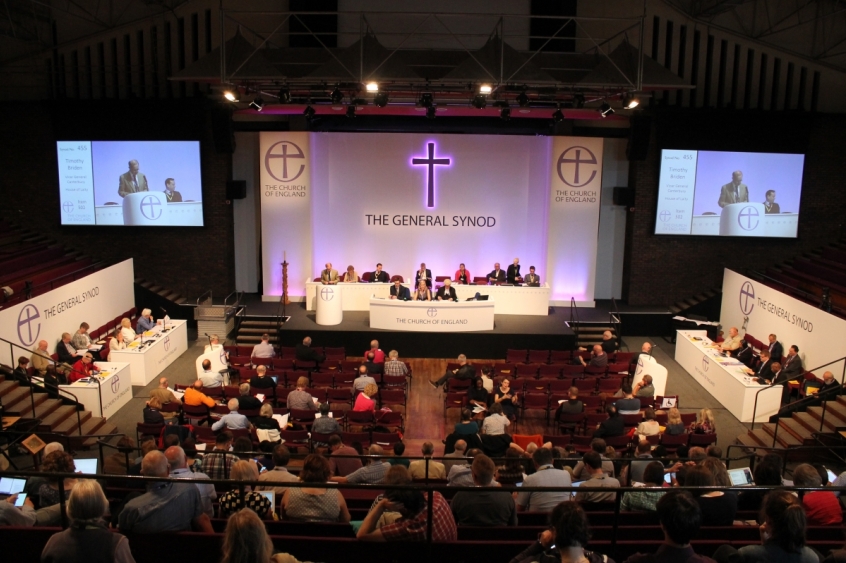
After more than two years of internal talks throughout the CofE over accommodation for gay couples, the Church's lead bishops have said there "are no proposals" to change teaching that marriage is exclusively between one man and one woman. But they called for "maximum freedom" with the existing laws and said there needed to be "a fresh tone and culture of welcome and support for lesbian and gay people".
Two and a half hours of "group work" on Wednesday afternoon will come before a "take note" debate where warring factions will take to the floor to voice their frustrations, concerns and praise at the bishops' decisions.
The Archbishop of Canterbury and others have desperately kept conversations about sexuality away from a high-profile debate at the synod. And at the end of more than two years of behind-closed doors talks, he has managed to keep it down to just 90 minutes of explosive debate.
LGBT campaigners have already started lobbying synod members to not "take note" of the report, branding it a "betrayal of trust".
But aside from the high-octane debate on Wednesday afternoon, the Archbishop of Canterbury will give his usual address and be forced to answer awkward questions, many of which will undoubtedly focus on the ever-present issue of sex.
Outside of the normal formalities, here is what you can expect from the Church of England's February synod 2017:
Transgender transition ceremony?
LGBT lobbyists will be pushing behind the scenes after the Blackburn diocesan synod tabled a motion asking bishops to consider liturgy to mark a gender transition.
Although unlikely to be debated at this sitting, the motion will prompt fresh calls for a new service, akin to baptism, for when someone wishes to change gender.
The idea was sparked after Rev Chris Newlands, the vicar of Lancaster Priory, was approached by someone wanting to be "re-baptised" in their new identity.
"The Church needs to take a lead and be much more proactive to make sure they are given a warm welcome," he said.
Informal ceremonies or "public affirmations" have taken place, according to The Guardian, but this motion asks for an official Church liturgy to mark the occasion.
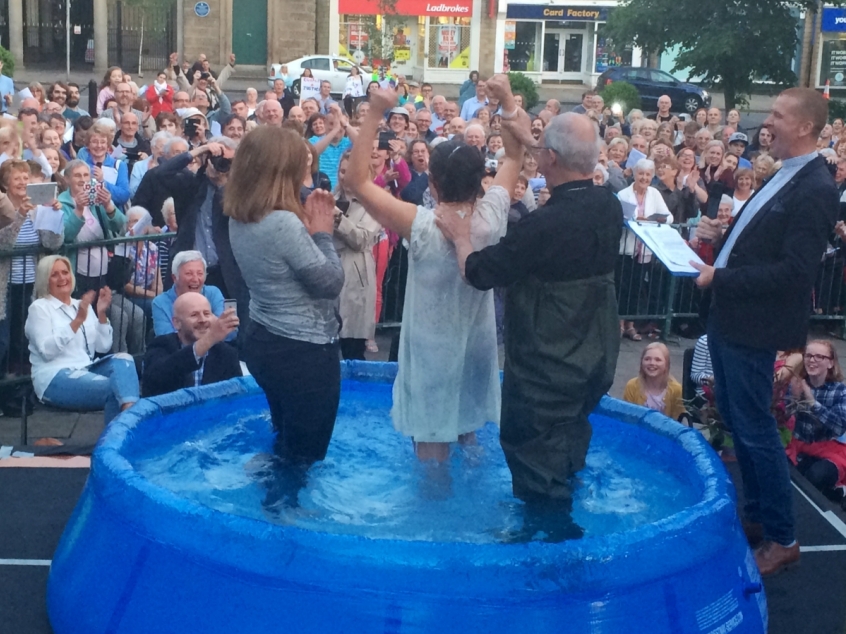
Bishop George Bell fallout:
The shocking case of the late Bishop George Bell, who is accused of abusing a woman while she was a girl, has split the Anglican world after it emerged the Church made a payment to an alleged victim.
Some accuse the Church of a "witch-hunt" against Bishop Bell, with supporters saying there is no evidence he actually committed the abuse.
A damning motion tabled by Martin Sewell calls for the synod to say it has "no confidence in the investigation" launched by the Church into how it handled the Bell affair.
The motion, which is unlikely to be debated at this sitting despite already amassing 40 signatures, accuses the Church of a lack of transparency and insists on "the principle of equal fairness to accuser and accused alike".
Gambling:
A motion brought by Clive Scowan will call on the government to clamp down on "the crack cocaine of gambling" – fixed odd betting terminals.
The roulette machines are high speed, easily accessibly machines with a maximum stake of £100 every 20 seconds or £18,000 every hour. The Church's intervention describes them as "a pernicious form of high street gambling ... wholly lacking in any social benefit" and "causing great harm and misery to thousands of people".
A background paper for the synod is heavily critical of the government for valuing the tax revenues gained from the machines above "the risk of harm to large numbers of vulnerable people".
A ban on banns:
The long-standing tradition of wedding banns being read three times in church before a couple can be married is facing extinction.
Church officials claim the process is too long and bureaucratic and describe it as "an inheritance of administration".
Proposals bought forward by Rev Stephen Trott would remove the legal requirement and instead require checks to be carried out by a registrar, who would then issue a certificate to the vicar to proceed.
Trott pointed out the "growing burden and complexity of the legal requirements" before a wedding can go ahead and asked for a similar arrangement to Scotland's where banns are issued by a civil registrar.
But the Church's top civil servant, secretary general William Nye, warned "making couples go through bureaucratic civil processes might make them less likely to marry in church".
He added: "Abolishing banns would mean that parishioners would cease to have a right to marry in their parish church."
A Nigerian bishop:
The Most Rev Dr Josiah Atkins Idowu-Fearon, secretary general of the Anglican Communion, will address synod members the morning after the "take note" debate on same sex marriage.
The Nigerian, formerly Bishop of Kaduna, is an expert on Christian-Muslim relations and has repeatedly reasserted his commitment to a landmark resolution passed in 1998 known as Lambeth 1.10, which is seen as the archetype of conservative theology on marriage.
But he has also criticised American conservatives for manipulating African Christians and making it appear African clergy were more obsessed with a conservative position on gay marriage than they really are.
Whoever said General Synod was dull?
Harry Farley will be covering the synod for Christian Today. You can follow him on Twitter @harryfarls.











